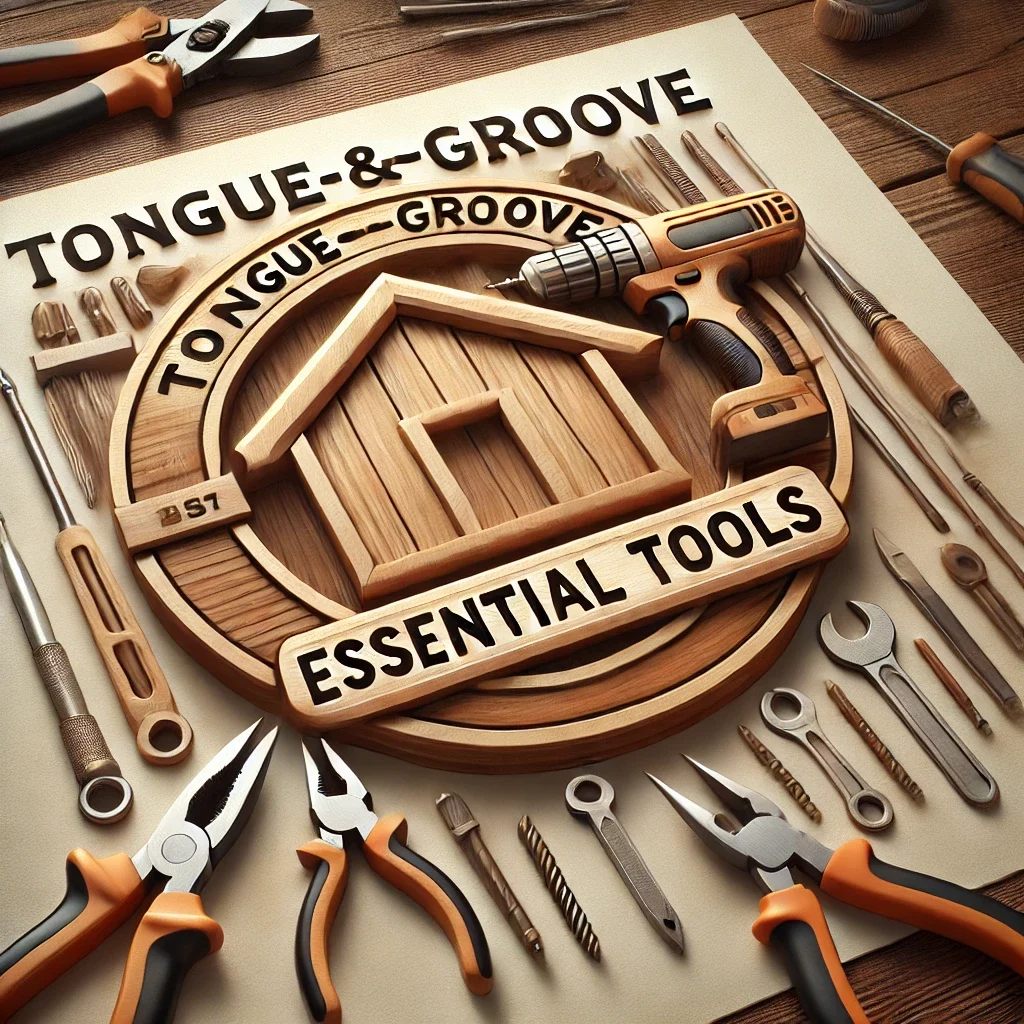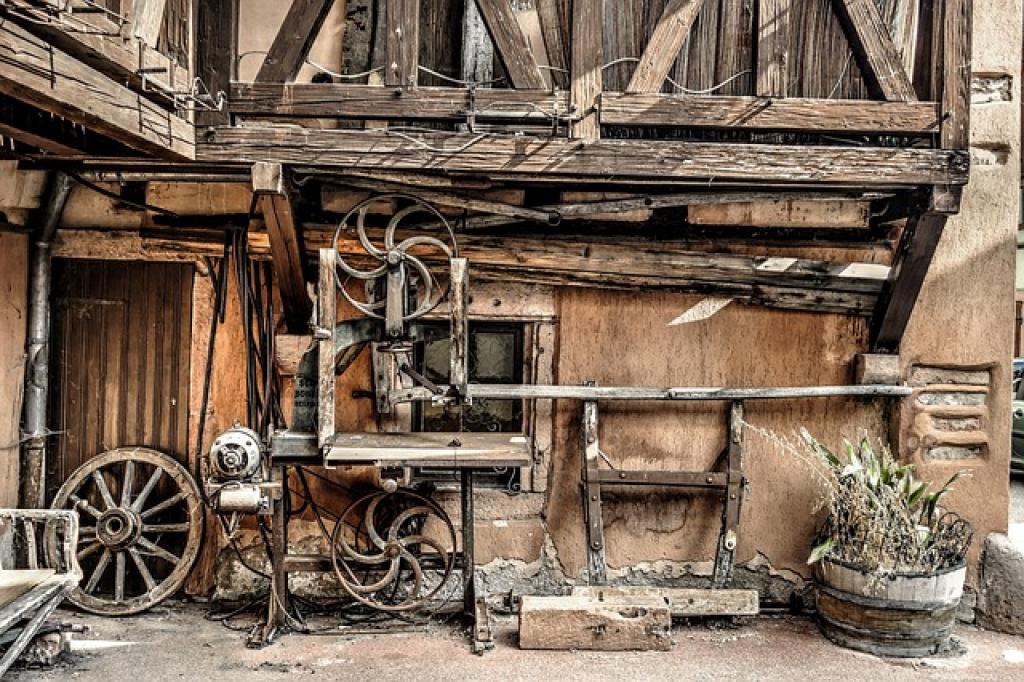Whether you’re looking to delve into a new hobby, save money by making your own furniture, or unleash your creative side, woodworking is a fantastic skill to explore. However, starting out as a beginner can be intimidating with so many tools and techniques to learn. Fear not! In this guide, we’ll cover essential tips to help you kickstart your woodworking journey with confidence. Let’s get sawing and sanding!
Start with Safety First
Before diving into your first woodworking project, it’s crucial to prioritize safety. Always wear appropriate safety gear, including goggles to protect your eyes from flying wood chips, ear protection to shield your hearing from loud machinery, and a dust mask to prevent inhalation of sawdust. Familiarize yourself with the safety features on your tools and equipment, and follow all safety instructions diligently.
Invest in Quality Tools
While it can be tempting to opt for budget-friendly tools as a beginner, investing in high-quality tools from the start will make a significant difference in your woodworking experience. Look for essential tools such as a measuring tape, hammer, chisel, saw, and power drill. As you progress, you can gradually expand your tool collection. Remember, quality tools can last a lifetime when well-maintained.
Choose the Right Type of Wood
Wood selection plays a vital role in the outcome of your woodworking projects. As a beginner, it’s best to start with softer woods like pine or spruce, as they are easier to work with compared to hardwoods such as oak or maple. Softwoods are more forgiving and less likely to splinter, making them ideal for practice projects. As you gain more experience, you can experiment with different wood types and grains.

Learn the Basics of Wood Joinery
Wood joinery is the art of connecting two pieces of wood together to create a strong and cohesive structure. As a beginner, familiarize yourself with fundamental joinery techniques such as butt joints, lap joints, and pocket hole joinery. Practice these techniques on scrap wood before incorporating them into your projects. A solid understanding of wood joinery will elevate the quality of your woodworking creations.
Master Essential Woodworking Techniques
Understanding basic woodworking techniques is fundamental to your success as a beginner woodworker. Start by learning how to accurately measure and mark wood, make straight cuts with a handsaw or circular saw, and create smooth edges using a wood plane or sandpaper. As you progress, explore advanced techniques such as dovetail joints, mortise and tenon joints, and wood carving to enhance your skills.
Embrace Mistakes as Learning Opportunities
It’s inevitable that you’ll make mistakes as a beginner woodworker, and that’s perfectly okay! Instead of getting discouraged, view mistakes as valuable learning opportunities that will help you grow and improve your craft. Analyze what went wrong, make adjustments, and try again. Remember, even seasoned woodworkers started as beginners and faced challenges along the way. Persistence is key.
Take Your Time and Practice Patience
Woodworking is an art that requires patience and precision. Rushing through a project can lead to errors and frustration. Take your time to measure accurately, plan your cuts thoughtfully, and work methodically. Enjoy the process of woodworking and embrace the journey of creating something with your own hands. With practice and patience, your skills will evolve, and your projects will reflect your dedication.
Seek Inspiration and Guidance
As you embark on your woodworking journey, seek inspiration from experienced woodworkers, woodworking books, online resources, and woodworking communities. Joining a local woodworking club or taking woodworking classes can provide valuable guidance and mentorship as you develop your skills. Don’t hesitate to ask questions, seek feedback, and learn from those who have walked the woodworking path before you.
Maintain Your Tools and Workspace
Proper tool maintenance and a well-organized workspace are essential for a smooth woodworking experience. Keep your tools clean and sharp to ensure optimal performance and longevity. Establish a dedicated workspace with sufficient lighting, ventilation, and storage for your tools and materials. A clutter-free and well-maintained workspace will enhance your productivity and creativity.
Start Small and Gradually Increase Complexity
As a beginner woodworker, it’s advisable to start small with simple projects such as a cutting board, picture frame, or basic shelf. These projects will allow you to practice essential skills and gain confidence in your abilities. As you become more comfortable with woodworking, gradually increase the complexity of your projects by incorporating new techniques and designs. Challenge yourself while staying within your skill level.
The Bottom Line
Embarking on your woodworking journey as a beginner is an exciting and rewarding endeavor. By following these essential tips, you’ll lay a solid foundation for honing your woodworking skills and creating beautiful handcrafted pieces. Remember to prioritize safety, invest in quality tools, practice fundamental techniques, and embrace the learning process with patience and perseverance. With dedication and a passion for woodworking, the possibilities are endless. Happy woodworking!



